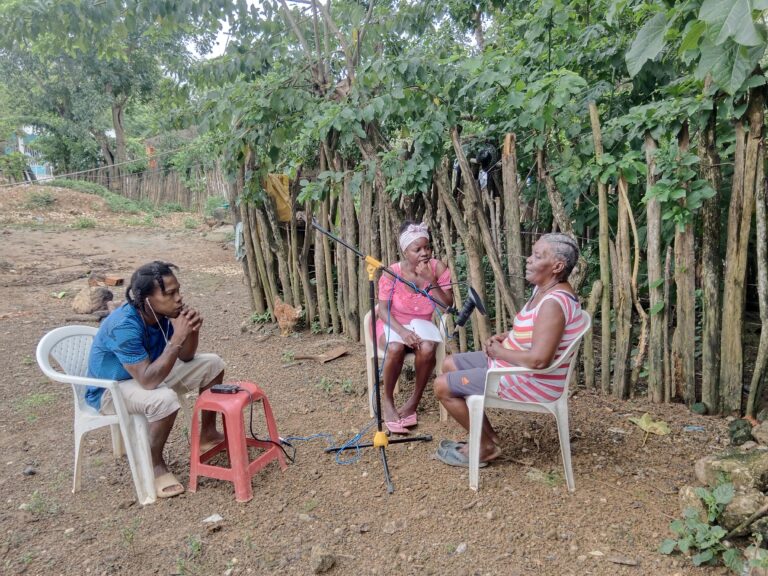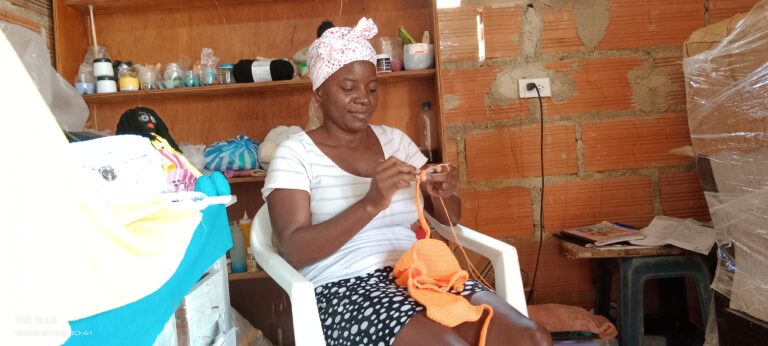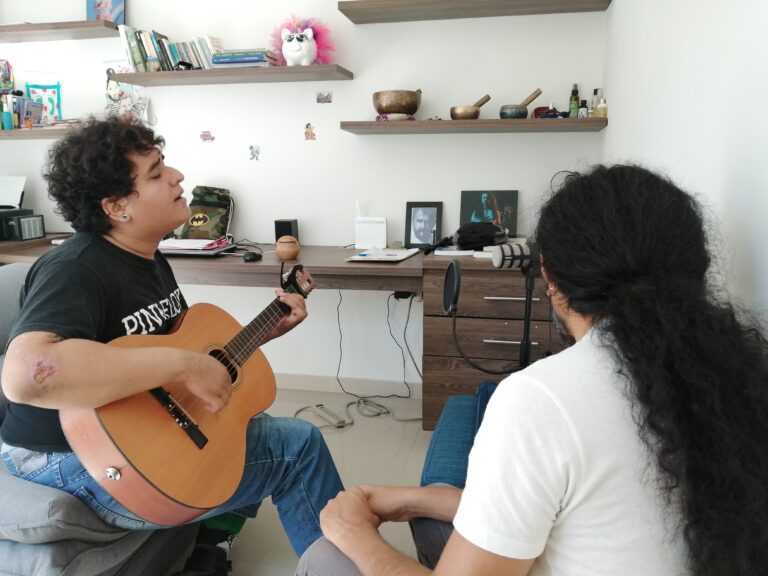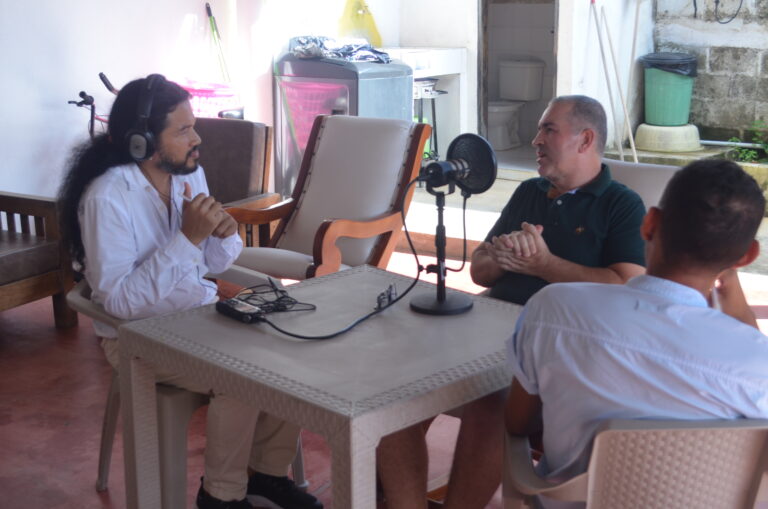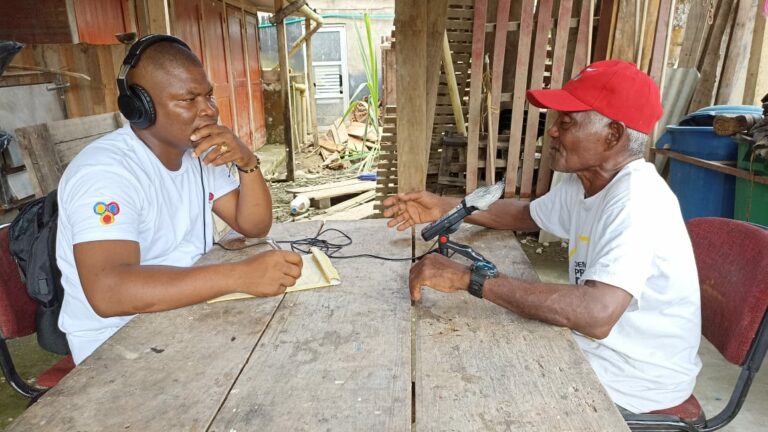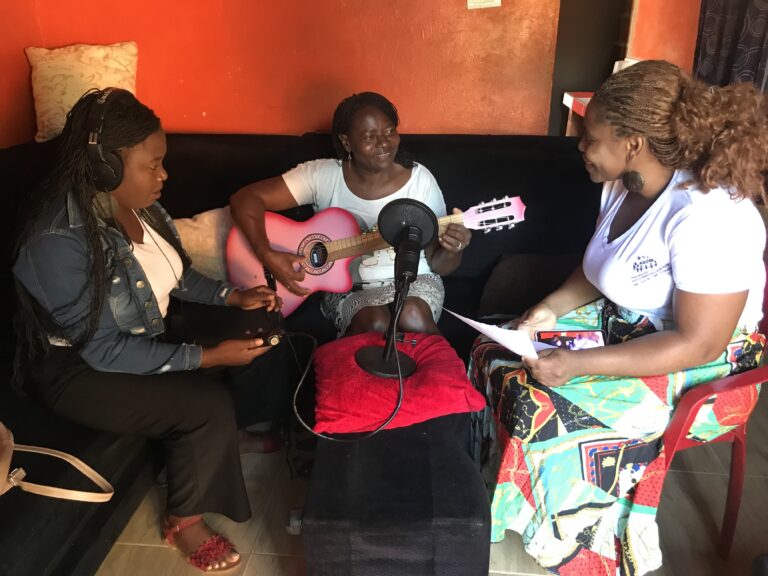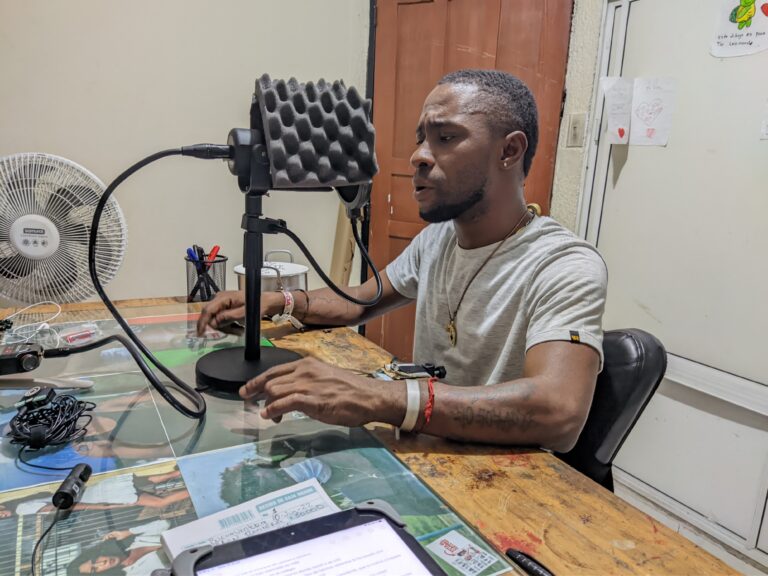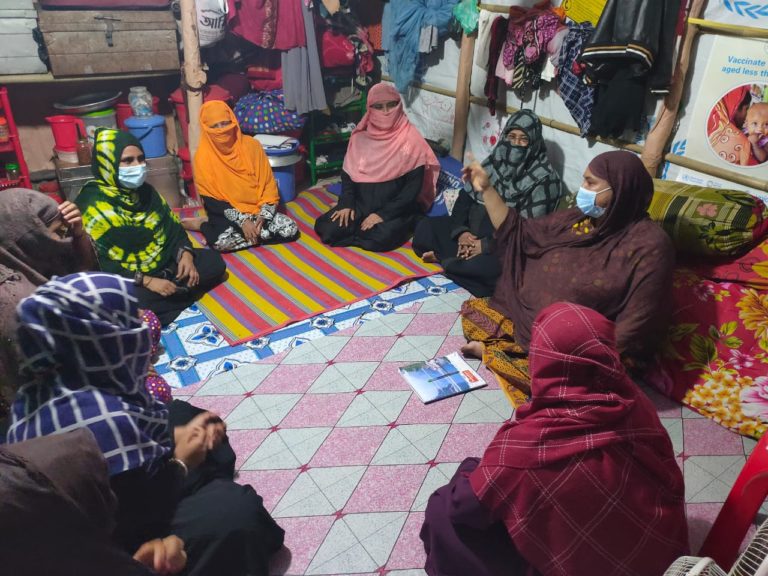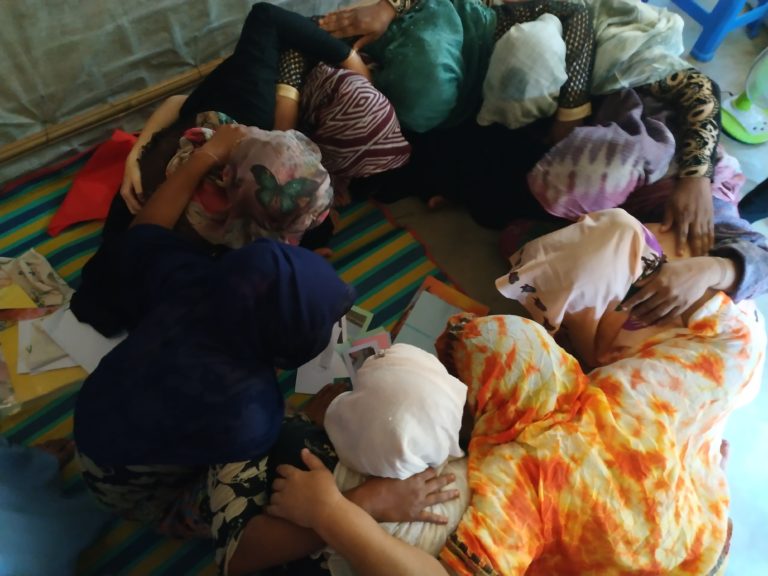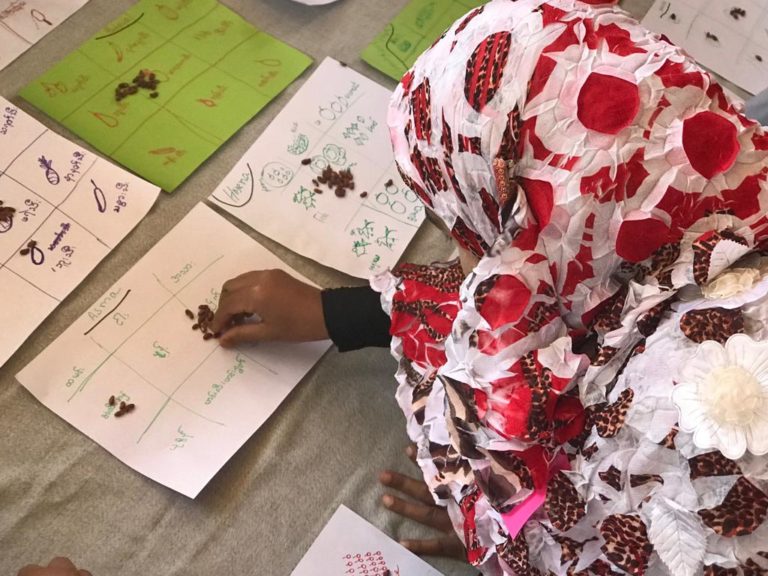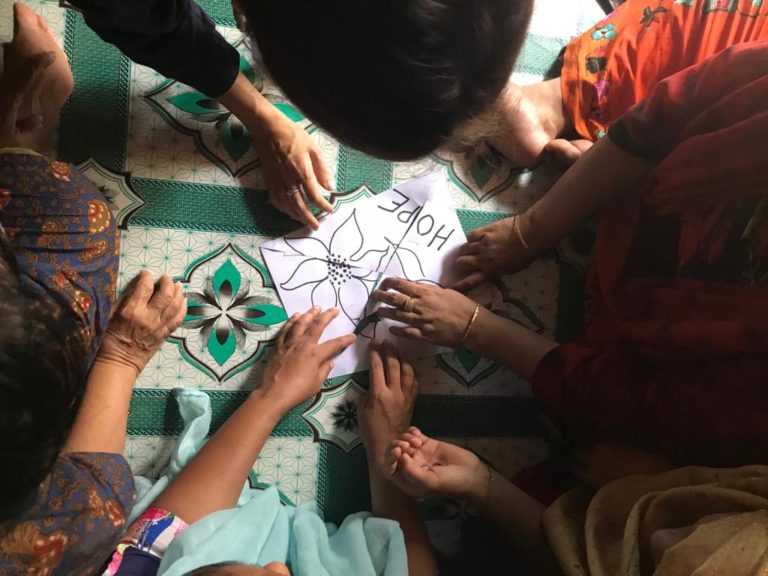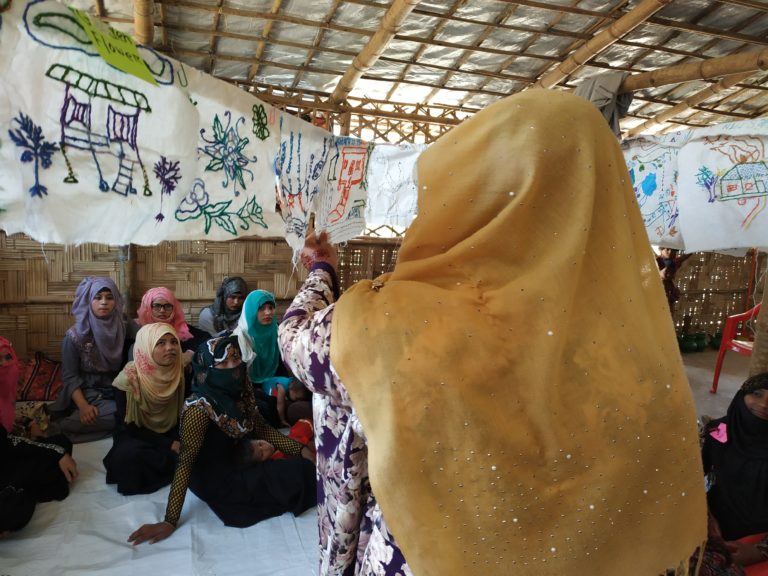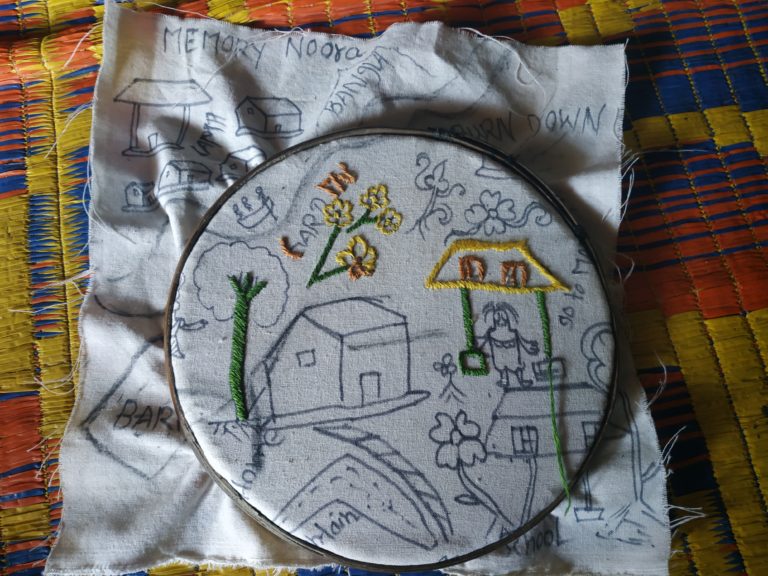Portraits of Survivors
Unlike many international organizations, the Global Initiative for Justice, Truth and Reconciliation knows that in conflict and post-conflict settings, local communities know best what they need. For this reason, in all their projects, the GIJTR works hand in hand with local civil society organizations to ensure they have the support they need to help their communities preserve and share their experiences of conflict and play an active role in forging a more stable and peaceful future – often through art-based programming. Below are examples of such GIJTR-sponsored community outreach initiatives.
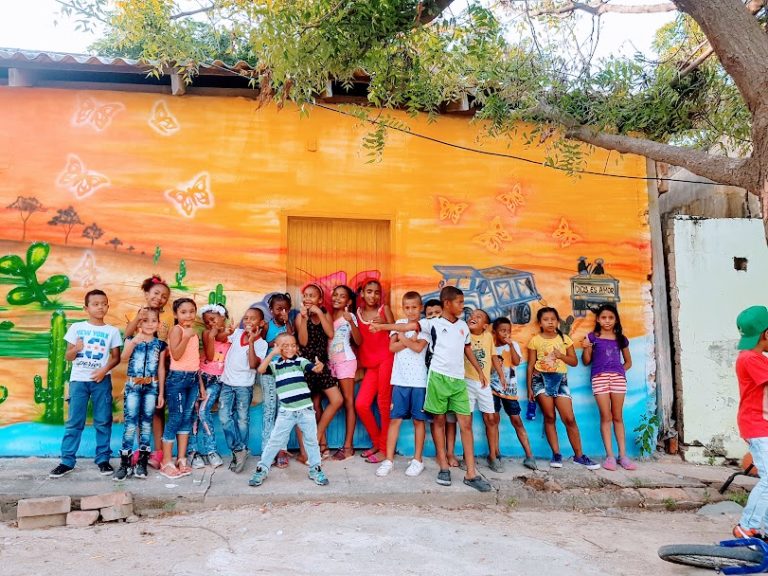
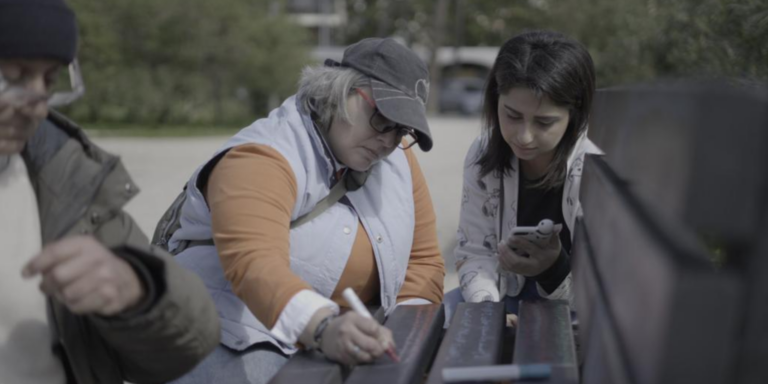
Memorial Benches
During Lebanon’s civil war (1975 – 1990), over 100,000 people were killed and at least 17,000 people disappeared. The 1989 Taif Agreement, also known as the “National Reconciliation Accord,” allowed for some political compromise, which was enough to end the war but failed to initiate a reconciliation process. At the heart of the legacy of the Lebanese war lies the unresolved fate of thousands of people who went missing during the conflict. The families of these missing and forcibly disappeared people are still waiting for information on the fate and whereabouts of their loved ones.

